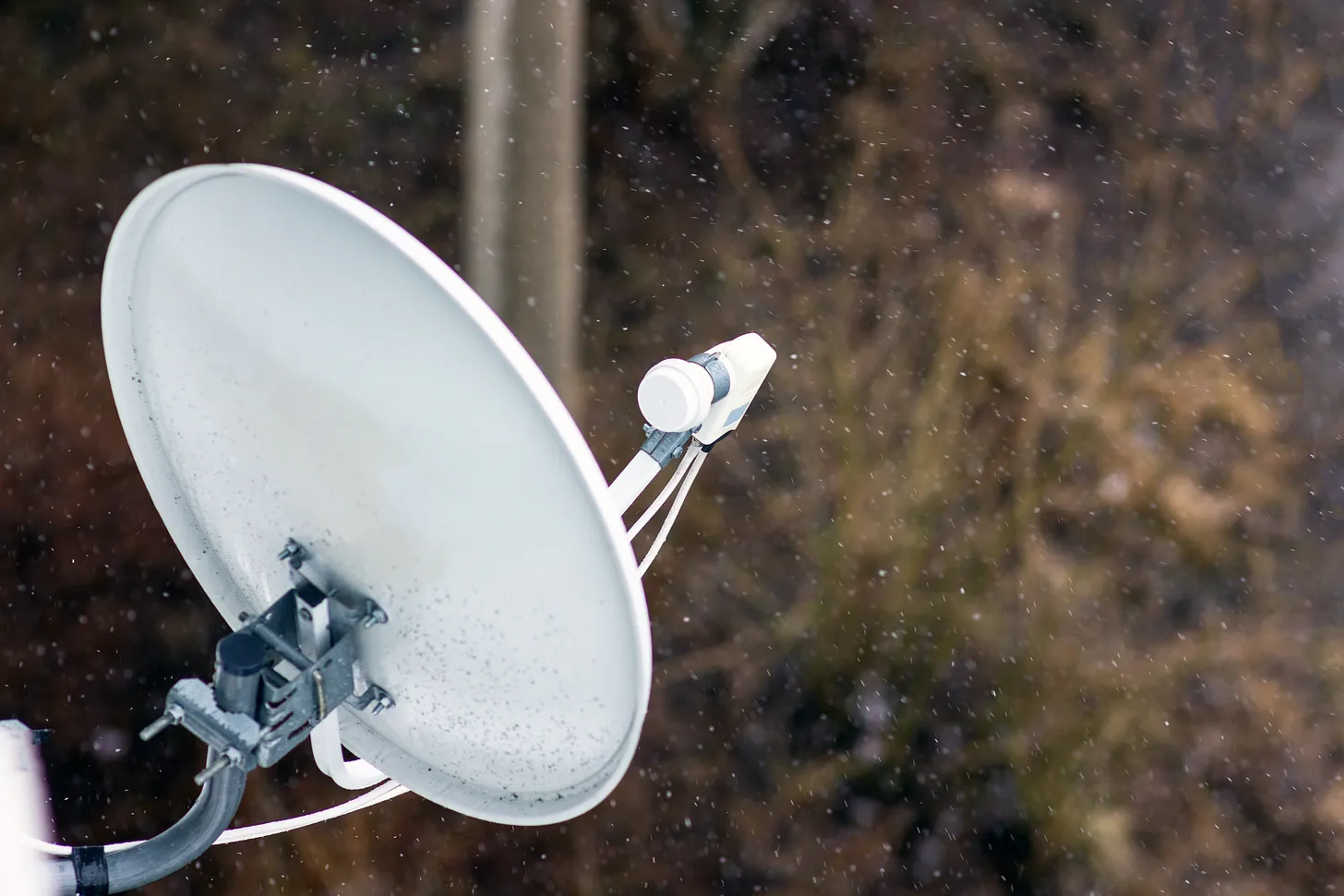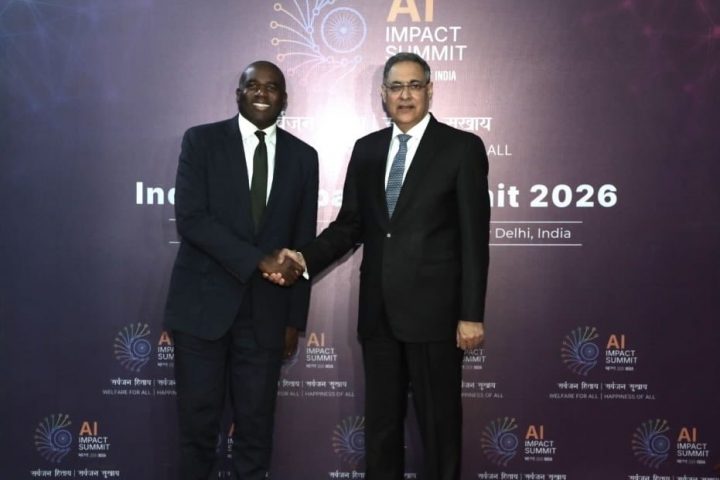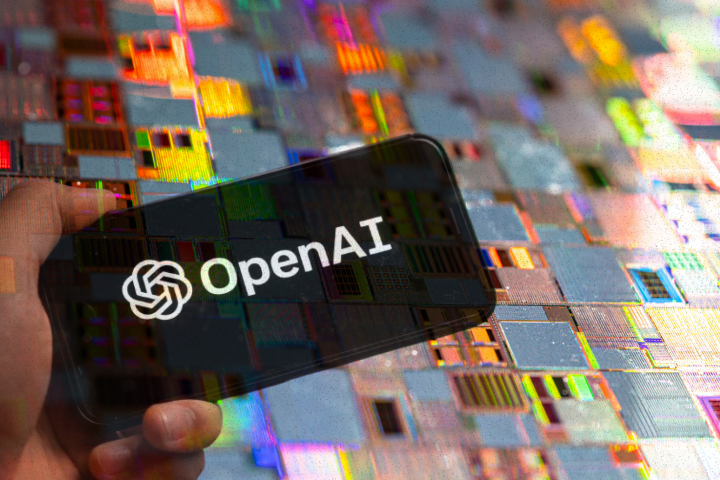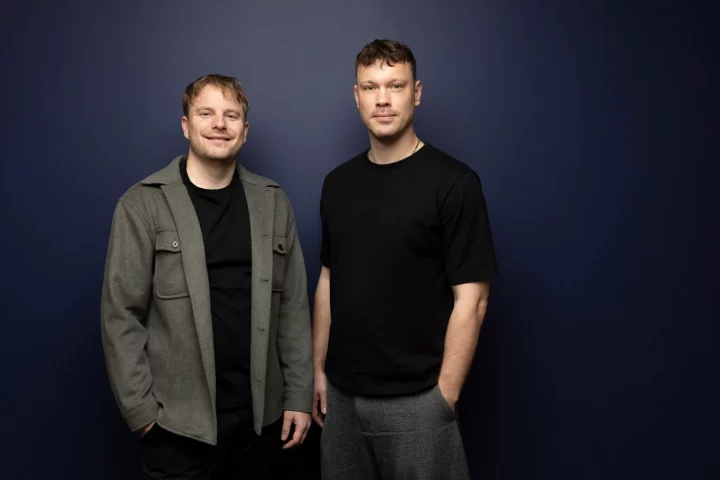Sky’s ditching satellite dishes for streaming dominance and cutting 600 jobs to do it. Jaguar Land Rover’s factories stay dark as a cyberattack drags into week three, threatening 100,000+ supply chain roles. Meanwhile, Carl Pei’s “Nothing” just banked $200M to turn glowing phones into an AI-powered lifestyle empire.
All that and more.. let us dive in
DRIVING THE CONVERSATION TODAY
Sky cuts 600 as it kills the satellite era
Sky, the British pay-TV group owned by Comcast, will cut around 600 jobs as it completes a three-year investment programme in products and platforms, with the company now shifting focus to delivering faster, simpler, and more reliable services.
The restructuring will affect about 900 roles in total, representing roughly 2.5% of Sky’s 23,000-strong UK workforce, as it pivots decisively towards internet-based services such as Sky Stream and its connected TV product Sky Glass, which now account for over 90% of new subscriptions.
A spokesperson said Sky is entering the “next generation of experience” by prioritising digital-first customer service, premium content, and improved product performance, underscoring the group’s transition away from its legacy satellite business while reinforcing its position as a leading European media and technology platform.
JLR’s Cyber blackout hits week 3
Jaguar Land Rover, Britain’s largest carmaker and a subsidiary of India’s Tata Motors, will extend a cyber attack-related production halt at its UK plants until September 24, pushing the stoppage beyond three weeks and leaving many of its 33,000 staff at home.
The company, which produces around 1,000 vehicles a day across three British factories, said it shut down systems in early September to contain the hack, which has severely disrupted its manufacturing and retail operations, and warned that a controlled global restart would take time as forensic investigations continue.
The outage has raised concerns over JLR’s supply chain, which underpins more than 100,000 jobs in the UK, with the Unite trade union warning of possible job losses and calling for government support; Business and Trade Minister Chris McDonald confirmed that cyber experts are working with JLR to resolve the issue, though the company denied reports suggesting the shutdown could stretch into November.
Microsoft is set to invest $30 billion in the U.K. by 2028, including $15 billion in capital expenditure, to expand its artificial intelligence infrastructure and operations, part of a major push to build the country’s largest supercomputer with over 23,000 GPUs in partnership with British cloud firm Nscale.
The announcement coincides with President Donald Trump’s state visit, during which he and Prime Minister Keir Starmer are expected to sign a deal to boost collaboration in AI, quantum computing, and nuclear technologies.
Microsoft President Brad Smith noted that recent government actions have improved the business climate in the U.K., making such large-scale AI investments feasible after regulatory challenges in previous years.
FUNDING FLASH
Shop Circle ($100M Series B expansion)
Shop Circle, the London-based enterprise software group, has expanded its Series B round to $100 million, securing $60 million in equity alongside strategic capital from European and U.S. investors.
The round was led by Nextalia Ventures with participation from existing backers Primo Capital and CDP Venture Capital, as well as new investors including 645 Select Fund, FNDX, FG2 Capital, and several family offices linked to leading industrial and technology groups.
Founded in 2020 by Luca Cartechini and Gian Maria Gramondi, Shop Circle specializes in acquiring and scaling mission-critical B2B software, embedding AI as a native layer to automate operations, improve margins, and enhance customer engagement.
“We’re building the leading AI-native software platform, with a portfolio of high-impact products powering the digital infrastructure of today’s enterprise,” said CEO Cartechini, highlighting several acquisitions in the pipeline and a strong balance sheet to fuel expansion.
Nothing, the consumer electronics startup founded in 2020 by Carl Pei, has raised $200 million in a Series C round led by Tiger Global, with participation from existing investors GV, Highland Europe, EQT, Latitude, I2BF, and Tapestry, alongside new backers Qualcomm Ventures and Zerodha co-founder Nikhil Kamath.
The funding lifts the company’s valuation to $1.3 billion and total capital raised to more than $450 million, providing fresh resources to accelerate its push into connected devices spanning phones, watches, audio products, and longer-term ambitions in smart glasses, robotics, and even electric vehicles.
Known for its transparent design aesthetic and glowing LED back panels, Nothing has built a distinct brand identity in the crowded smartphone market, crossing $1 billion in total sales earlier this year and shipping 5.1 million devices to date, with over one million units sold in Q2 2025 alone.
INTERESTING, BUT STILL COOKING
OpenAI’s under-18 ChatGPT
OpenAI is launching a dedicated ChatGPT experience for users under 18, complete with parental controls, as the company faces scrutiny over AI safety for teenagers. The under-18 version will automatically block graphic or sexual content and, in rare cases of acute distress, involve law enforcement.
OpenAI is also developing technology to better predict a user’s age and will default to the teen experience if there’s uncertainty. The rollout comes amid an FTC inquiry into how AI chatbots may affect children, following concerns including a lawsuit linking ChatGPT to a teen’s suicide.
Parental controls, available at the end of the month, will allow parents to link accounts, set usage limits, manage features, guide responses, and receive alerts in emergencies, with ChatGPT intended for users 13 and older.
YouTube’s $100B creator payout
YouTube announced it has paid over $100 billion to creators, artists, and media companies since 2021, marking a major milestone as the platform celebrates its 20th year. The growth has been driven in part by connected TV viewership, with channels earning more than $100,000 from TV screens up 45% year over year.
At its annual Made on YouTube event in New York, the company also unveiled new AI tools for YouTube Shorts, enabling creators to automatically edit footage, add music, transitions, and voiceovers, and even turn dialogue into songs.
The platform, now hosting over 20 billion videos, aims to solidify its position as one of the world’s most lucrative media businesses while expanding creator opportunities.
Samsung’s One UI 8 rollout
Samsung has begun rolling out its One UI 8 update to the Galaxy S25 series, introducing features such as the Now Bar, Now Brief, AI Results View, Gemini Live, and Circle to Search developed in partnership with Google, alongside enhanced security tools including Knox Enhanced Encrypted Protection and Knox Matrix.
The OTA update will reach S25 devices gradually across markets, while Samsung confirmed that additional Galaxy models will receive One UI 8 later this year, though availability and feature sets may vary by region and device.
EQUALLY IMPORTANT
The UK Space Agency is funding six innovative projects with £1.5 million to harness satellite technology and AI for tackling climate change, improving transport, and enhancing accessibility. The initiative, part of the Unlocking Space for Business programme, will support scalable solutions across finance, transport, and environmental sectors, helping the UK meet net-zero targets while boosting its space industry.
Projects include Ether Capital’s real-time carbon dashboard for shipping emissions, Furrer+Frey’s AI-powered railway electrification planner, and MakeSense Technology’s navigation system for visually impaired pedestrians. Other initiatives from Howden, Rebalance Earth, and Foresight Group will apply satellite data to assess biodiversity and climate-related financial risks.
Officials say these innovations demonstrate the transformative potential of space-enabled solutions, creating new growth opportunities and positioning the UK as a leader in sustainable technology and green finance.
NPCC’s national prioritisation model for policing tech
The National Police Chiefs’ Council (NPCC) has introduced a National Prioritisation Model (NPM) to guide technology investments across UK policing. Developed with the Accelerated Capability Environment (ACE) and the NPCC’s Digital, Data and Technology Coordination Committee, the model tracks when digital, data, and technology (DDaT) capabilities need updating or risk obsolescence.
By assessing and prioritising infrastructure and technology requirements, the NPM ensures funding from the Home Office is allocated efficiently to where it’s most needed. Supporting tools, including a requirements assessment form and a dashboard, provide clear insights and scoring to inform decisions.
The approach balances maintaining existing services with investing in innovations, while fostering consensus across policing on collective DDaT priorities and improving understanding of project delivery lifecycles.












